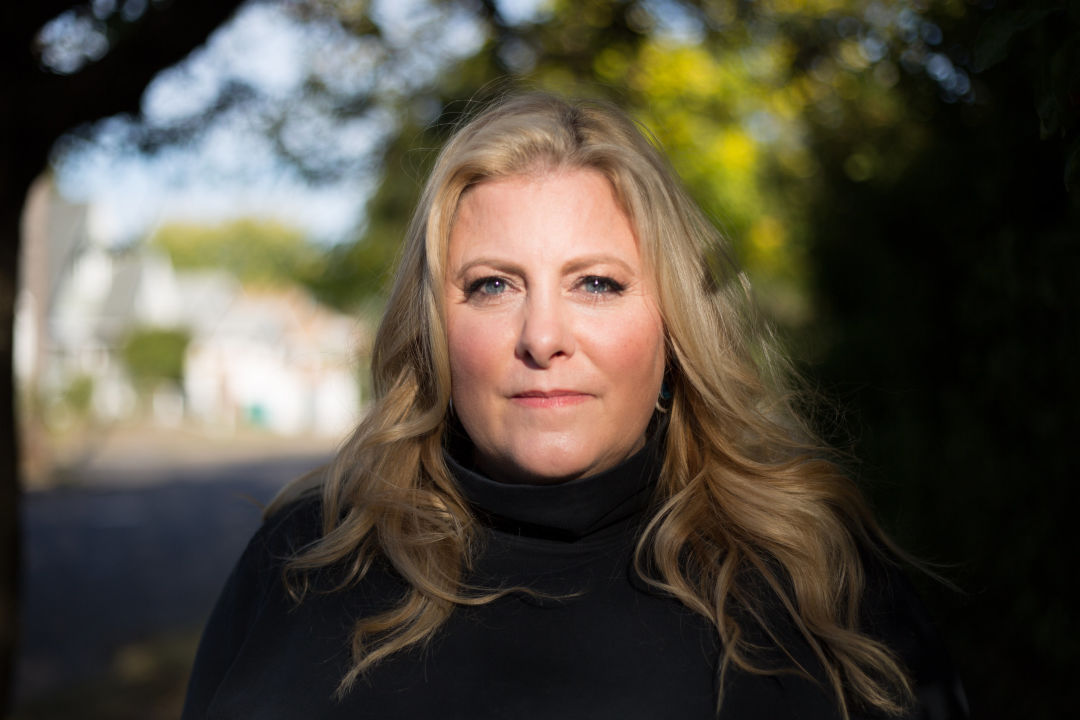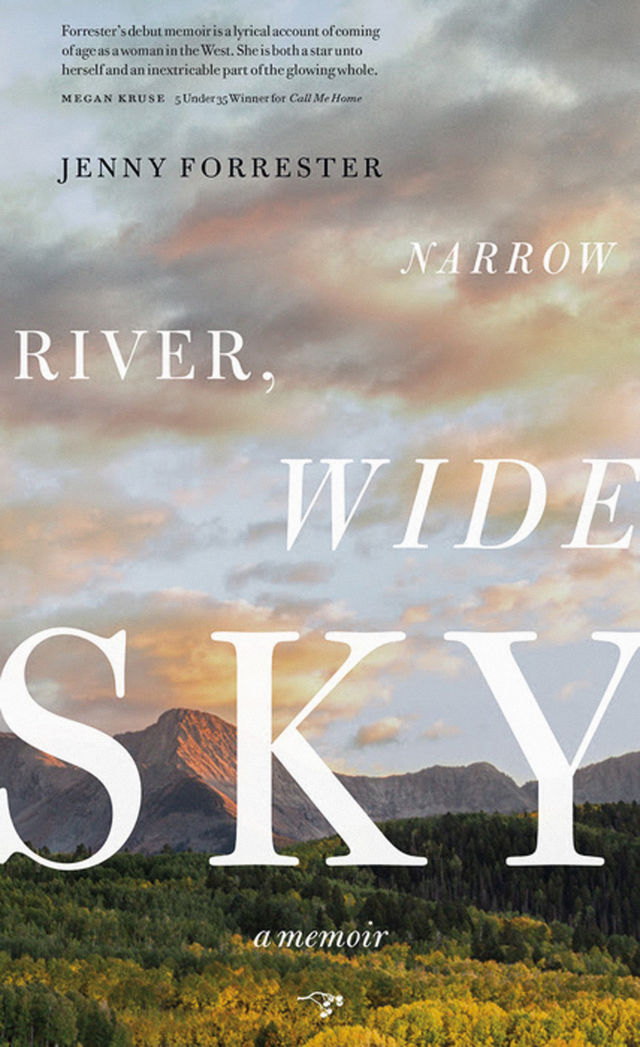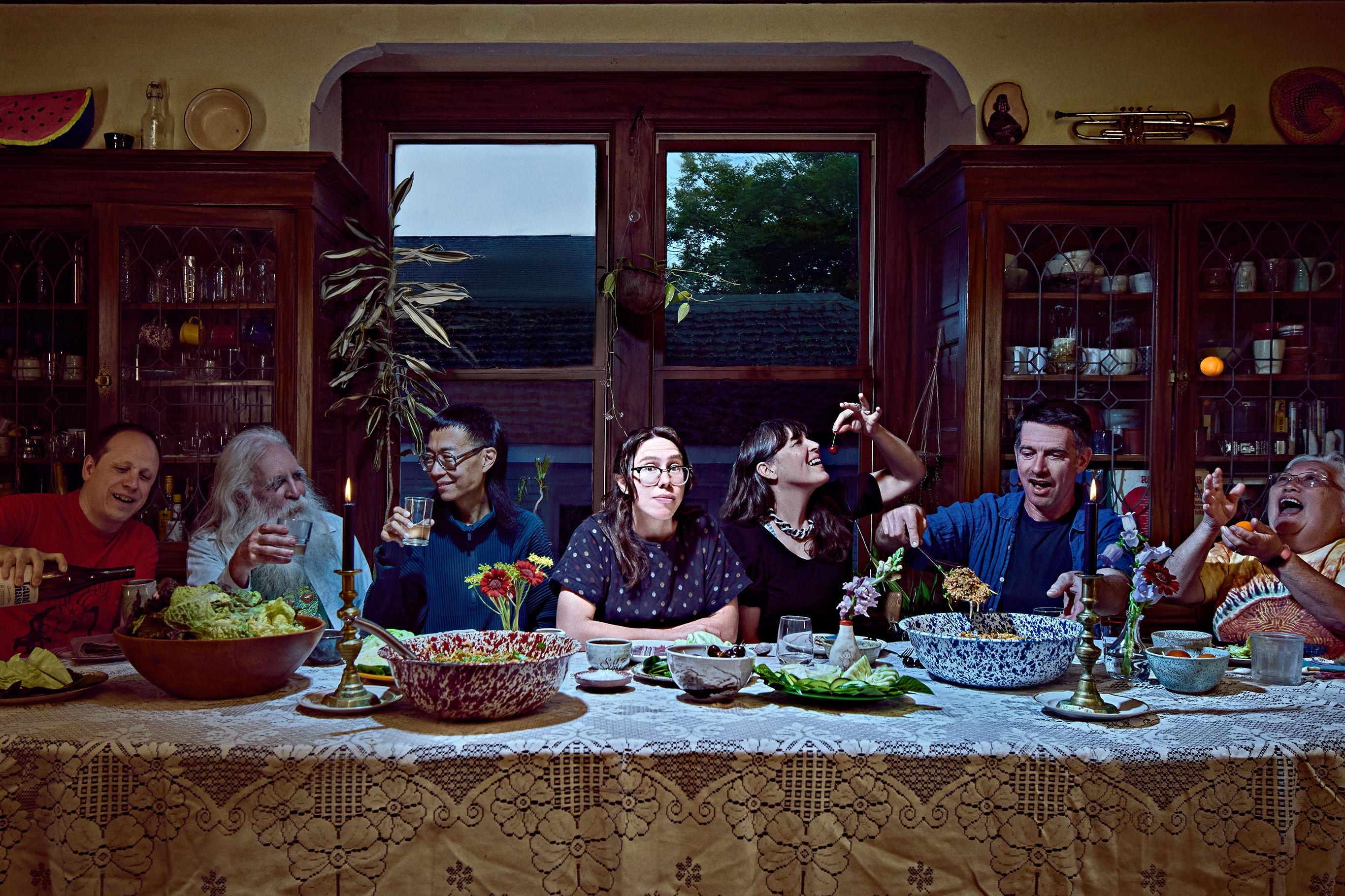The West, Two Ways: An Excerpt from Jenny Forrester's New Memoir

Jenny Forrester
Image: Courtesy Intisar Abioto
Jenny Forrester is the force behind Portland’s Unchaste Readers—a quarterly reading series for women, now in its fifth year—and an award-winning flash fiction writer. Her new memoir, Narrow River, Wide Sky (Hawthorne Books, May 1), is an unsentimental portrait of small-town Colorado, a formative environment that both oppressed her and shaped her identity. The book explores the complex forces of family, politics, and religion and her feminist awakenings in a chauvinist world. In this excerpt, she chronicles the culture shock of her family’s move from the liberal ski town of Vail to the tiny conservative outpost of Mancos.
“When we lived near the Vail Valley, it was the seventies and education meant mini-classes–cooking, origami, macramé, skiing, and field trips to wildflower meadows. It was all colors and narrative reports, satisfactory and outstanding and at worst an N for Needs Improvement. That newly built school we were bussed to was progressive, preparing students for possibilities. We’d put on a school production of Free to Be ... You and Me.

Image: Courtesy Hawthorne Books
In Mancos, the seventies arrived later. Teachers gave letter grades. Children learned through textbooks, rote memorization, and discipline with strict rules, straight lines, the Pledge of Allegiance, moral certainty, no discussions, no show and tell. We went on one field trip in sixth grade to Mesa Verde National Monument, seven miles away. Two of the kids had never left Mancos before. The school prided itself on discipline, preparing students for jobs.
Mancos was heads turning when you walked in the door of the P&D convenience store or the post office or the café. Mancos was who’d parked in your driveway with out-of-state plates and what the bride and her mother wore at the wedding and who survived whom published in the weekly two-sheets of newspaper. Mancos was a river valley with ghosts of boom and bust, trails in, trails out. Mancos was moving the border of a whole American Indian reservation for white settlers, and for their many churches for so few souls, for railroads, for itself because it could.
Mancos was haven to Mormon fundamentalists and the Second Amendment in cross stitch and engravings and everyone in closets and no privacy and artists as painters of old western motifs and children of belt-smacking parents and violence as love. Mancos was knowing who’s in town, who’s leaving town, and who’ll never come back. Mancos was wanting more and also wanting nothing to do with the outside world.”




